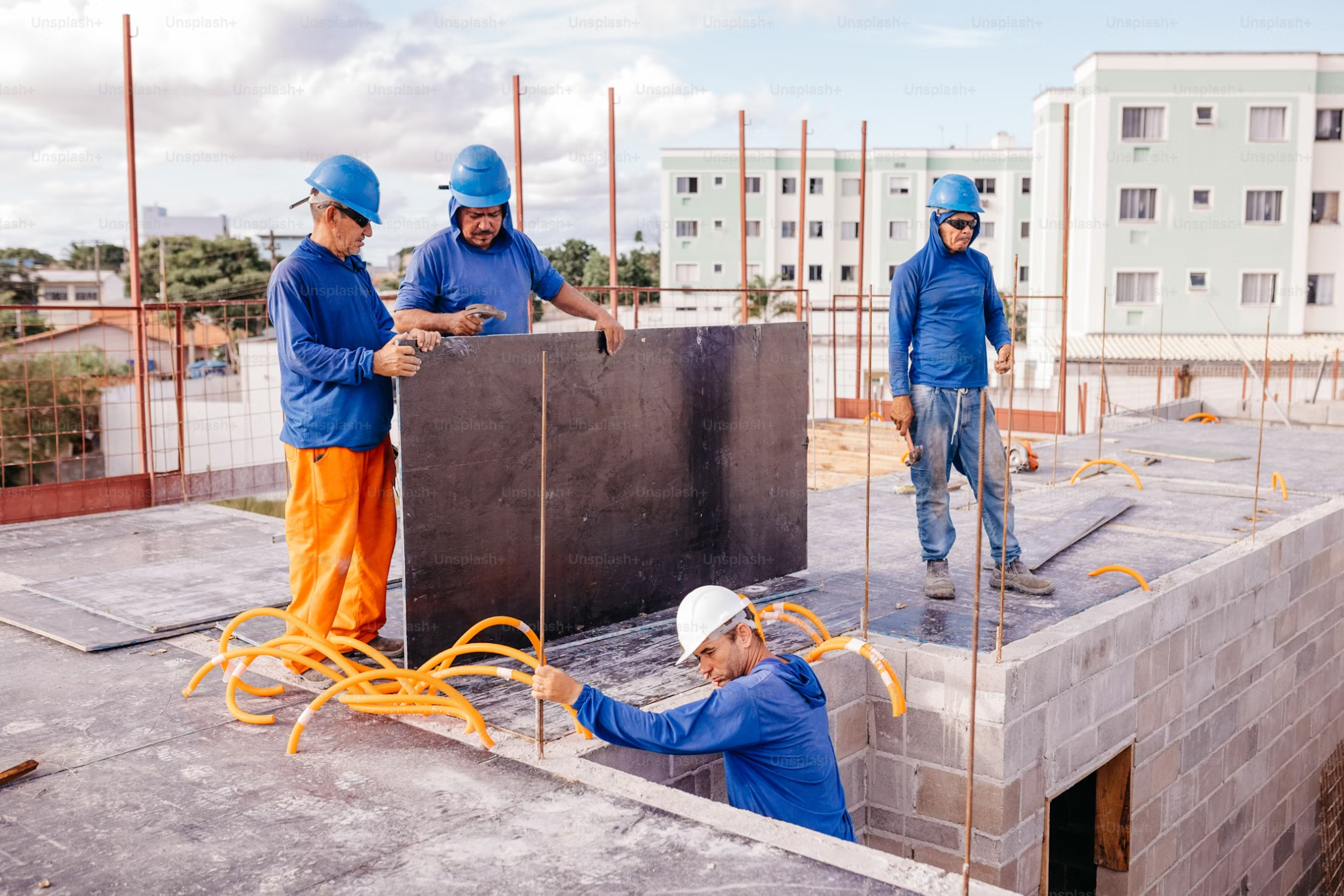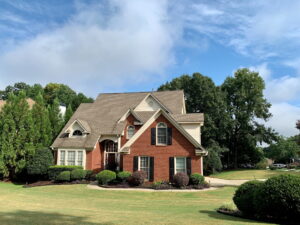
Maintaining buildings is like taking care of your own body. Just as we need regular check-ups and care to stay healthy, buildings require ongoing maintenance to remain safe, functional, and efficient.
This is not just about fixing things when they break; it’s about preventing problems before they occur.
Importance of Preventive Maintenance
Preventive maintenance is like an insurance policy for buildings. It involves regular inspections, cleaning, and servicing of systems and structures. By catching small issues early on, like leaks or faulty wiring, you prevent them from becoming expensive disasters later.
This saves money in the long run and ensures that the building remains a safe and comfortable place for everyone.
Ensuring Safety and Security
One of the primary reasons maintenance is essential is to ensure the safety and security of occupants. Regular inspections of fire alarms, sprinkler systems, and electrical wiring can prevent potential hazards. For instance, a faulty electrical system could lead to a fire if not identified and repaired promptly.
Regular maintenance also includes checking and replacing old or worn-out components, such as business leak sealing, to maintain the building’s integrity.
Extending Longevity of Building Systems
Buildings are designed to last for decades, but without proper maintenance, their lifespan can be significantly shortened. Routine checks and upkeep of HVAC (heating, ventilation, and air conditioning) systems, for example, can prevent breakdowns and extend their operational life.
This not only saves money on premature replacements but also ensures consistent comfort for occupants throughout the building’s life cycle.
Improving Energy Efficiency
Maintenance plays a crucial role in optimizing energy efficiency within buildings. Simple tasks like cleaning air filters or calibrating heating systems can improve their efficiency, reducing energy consumption and lowering utility bills.
Installing energy-efficient equipment, such as updated ac installation, can also contribute to long-term savings and environmental sustainability.
Preserving Property Value
A well-maintained building retains its value over time. Regular upkeep prevents deterioration and ensures that the property remains attractive to tenants and buyers alike. Issues like peeling paint, cracked floors, or malfunctioning elevators can deter potential occupants and decrease the overall value of the property.
Conversely, a well-maintained building reflects pride of ownership and contributes positively to its marketability.
Cost-Effectiveness of Maintenance
While some may see maintenance as an added expense, it is actually a cost-saving measure in disguise. Addressing small issues early prevents them from escalating into larger, more expensive problems.
For example, fixing a minor roof leak promptly prevents water damage that could necessitate extensive repairs in the future. Regular maintenance also reduces emergency repairs and unexpected downtime, minimizing disruptions to daily operations.
Conclusion
In conclusion, maintenance for buildings is not just about fixing things when they break down; it’s about ensuring safety, efficiency, and longevity. By investing in regular upkeep and preventive measures, property owners can protect their investments, save money, and provide a secure and comfortable environment for everyone.
From routine inspections to business leak sealing and AC installation, every aspect of maintenance contributes to the overall health and functionality of a building.



